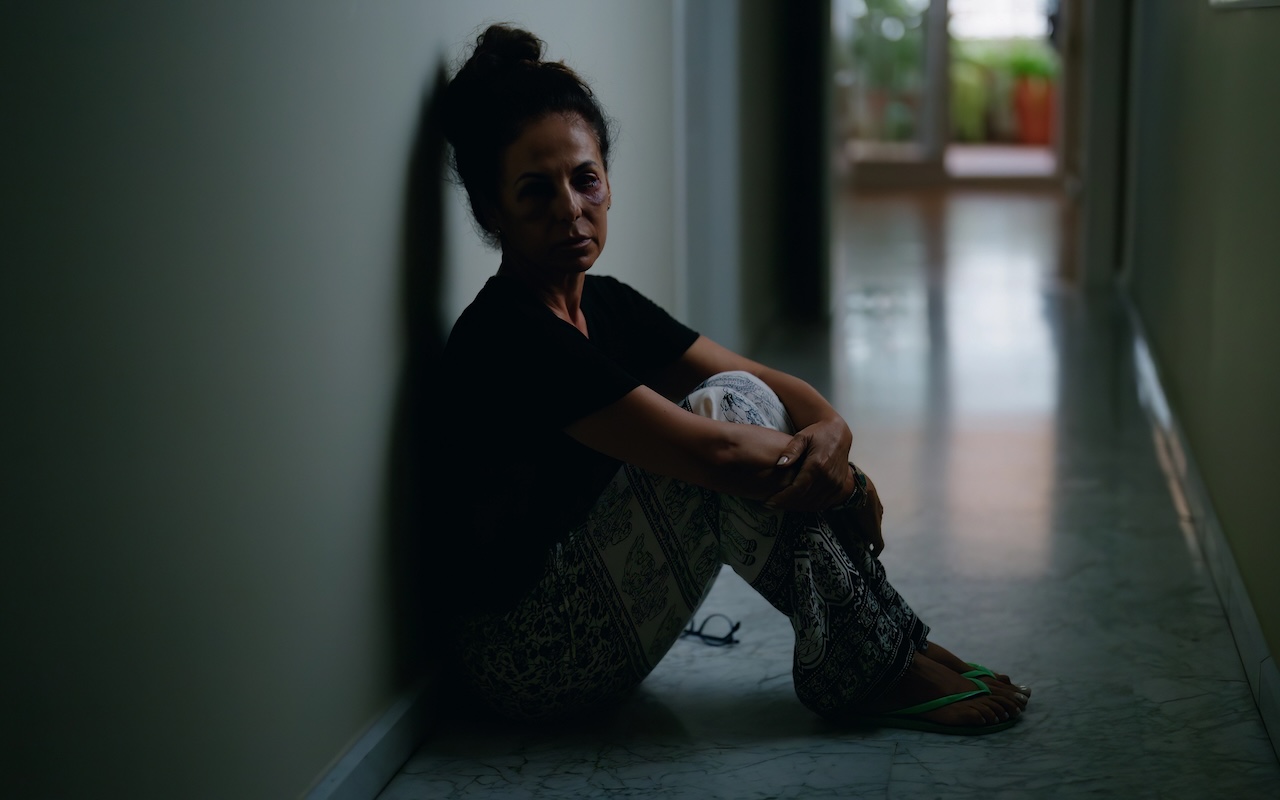The most common type of protective order in Florida is a domestic violence injunction. Florida Statute § 741.30 provides that in order to file a petition for a domestic violence injunction the other party must be: the spouse or former spouse of the petitioner, any other person related by blood or marriage to the petitioner, any other person who is or was residing within a single dwelling unit with the petitioner, as if a family, or is a person with whom the petitioner has a child in common, regardless of whether the petitioner and respondent are or were married or residing together, as if a family. The person asking for the protective order must either be a victim of domestic violence or imminent fear of becoming a victim of domestic violence. Domestic violence is defined as assault, aggravated assault, battery, aggravated battery, sexual assault, sexual battery, stalking, aggravated stalking, kidnapping, false imprisonment, or any criminal offense resulting in physical injury or death of one family or household member by another family or household member.
A person seeking a domestic violence injunction must file a petition with the clerk’s office and specifically allege the acts of domestic violence. There is no filing fee and a clerk should help a petitioner complete the forms. Detailed instructions for filing domestic violence injunctions can be found here for: Pinellas County, Hillsborough County, Manatee County, and Sarasota County. Once the injunction petition is complete, the clerk sends the petition to a judge who will review it to determine if it is appropriate to issue temporary injunction against the person who committed the domestic violence. If a temporary injunction is issued, the sheriff’s office will serve the respondent. Generally, a temporary injunction prohibits contact of any type between the petitioner and the respondent, grants the petitioner temporary exclusive use of the home, removes the respondent’s right to possess firearms, and grants temporary custody of any children to the petitioner. Violation of a temporary injunction is a misdemeanor.
Whether a temporary injunction is issued or not, the judge will set a return hearing where both the petitioner and the respondent have the opportunity to prove or disprove the allegations in the petition. Both parties have a right to reasonable notice and an opportunity to be heard, which includes the ability to present witnesses, present evidence, and to cross-examine any witnesses who testifies. If a judge improperly limits these rights, appellate courts may consider this a due process violation. Usually, a petitioner cannot raise unpled allegations of domestic violence for the first time at the return hearing and the domestic violence allegations must not be too remote in time. The petitioner has the burden to prove the allegations by the greater weight of the evidence.
The judge can either issue a final judgment for protection against domestic violence or deny the injunction. If the injunction is granted, it will usually be for a specified period of time. A final judgment of injunction prohibits contact of any type between the petitioner and the respondent, grants the petitioner temporary exclusive use of the home, removes the respondent’s right to possess firearms, and may grant custody of any children to the petitioner. Either party may move to modify or dissolve a final injunction at any time.
If you or a loved one needs help with a domestic violence injunction or an appeal from a domestic violence injunction, please contact our office for a free consultation.

